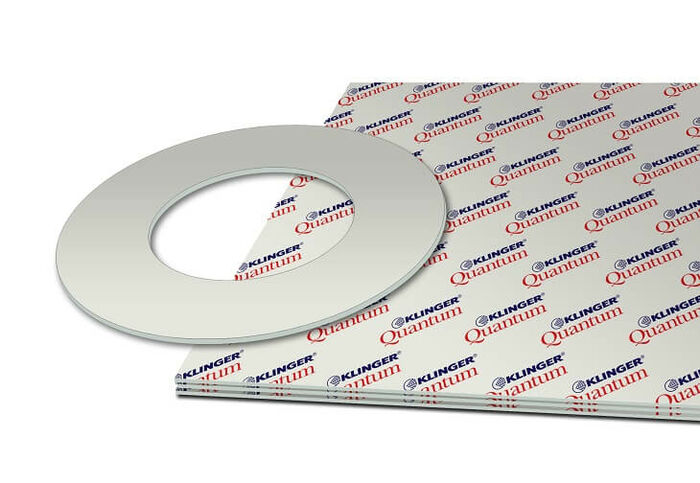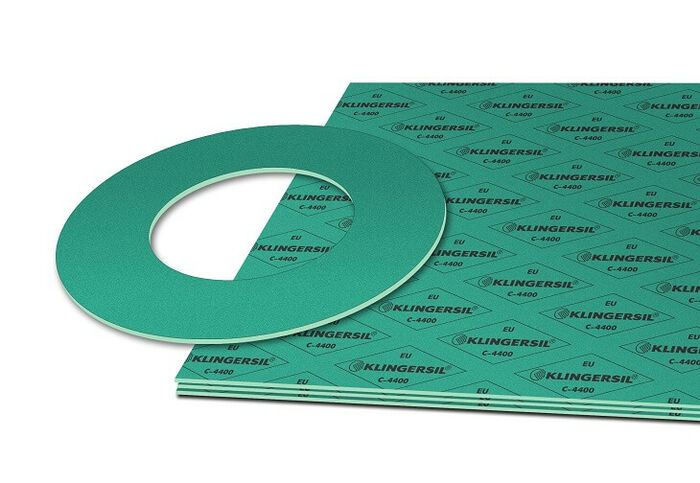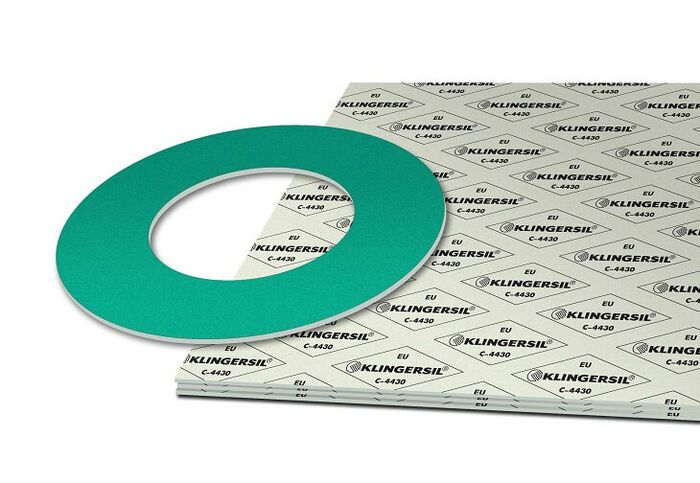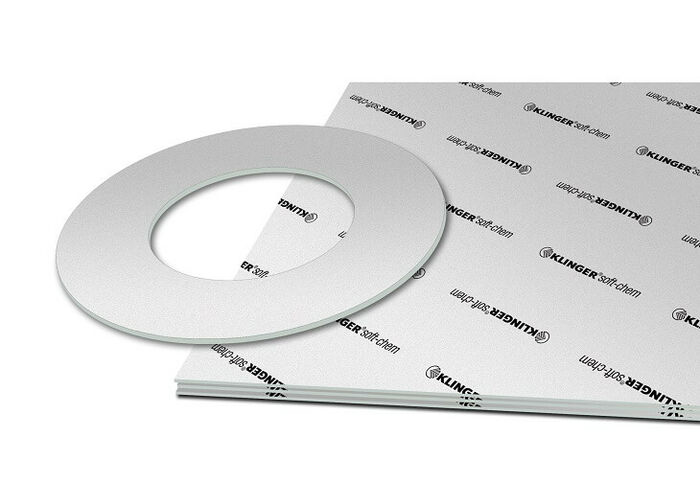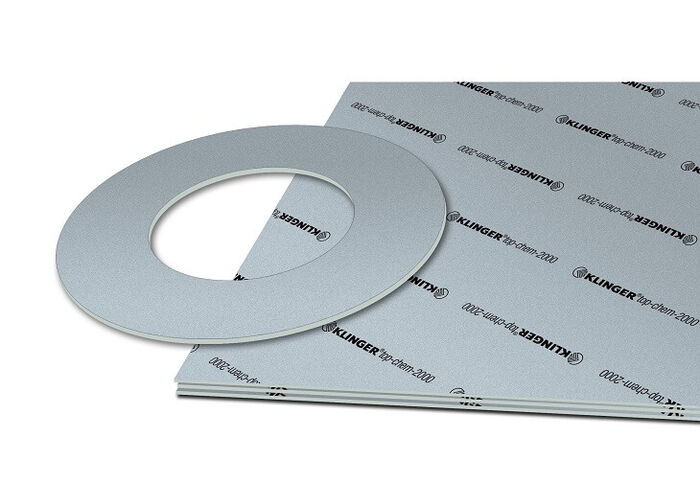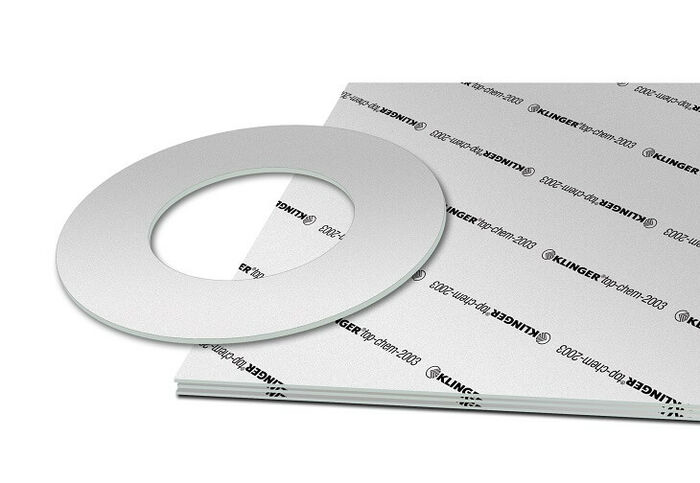Material Hub > Materialien
Materialien
-
Kategorie VerbundwerkstoffeDichte 1.7 g/cm³Einsatztemperatur –
-
Kategorie VerbundwerkstoffeDichte 1.6 g/cm³Einsatztemperatur –
-
Kategorie VerbundwerkstoffeDichte 1.8 g/cm³Einsatztemperatur –
-
Kategorie ThermoplasteDichte 0.9 g/cm³Einsatztemperatur –
-
Kategorie VerbundwerkstoffeDichte 2.5 g/cm³Einsatztemperatur –
-
Kategorie VerbundwerkstoffeDichte 1.7 g/cm³Einsatztemperatur –
-
Kategorie ElastomereDichte 1.09 – 1.15 g/cm³Einsatztemperatur -55 – 150 °C
-
Kategorie ElastomereDichte 1.96 – 2 g/cm³Einsatztemperatur -15 – 200 °C
-
Kategorie ElastomereDichte 1.89 – 1.95 g/cm³Einsatztemperatur -20 – 200 °C
-
Kategorie ElastomereDichte 1.15 – 1.19 g/cm³Einsatztemperatur -60 – 200 °C
-
Rhenoguard® Jumbo II/LK (Fluorpolymeren und anorganischen Füllstoffen)
Rhenotherm Kunststoffbeschichtungs GmbH
Kategorie KunststoffbeschichtungDichte –Einsatztemperatur -40 – 200 -
Kategorie KunststoffbeschichtungDichte –Einsatztemperatur -40 – 200 °C
-
Kategorie KunststoffbeschichtungDichte –Einsatztemperatur -40 – 200 °C
-
Kategorie KunststoffbeschichtungDichte –Einsatztemperatur -40 – 200 °C
-
Kategorie ThermoplasteDichte 1.5 g/cm³Einsatztemperatur -210 – 260 °C
-
Kategorie ThermoplasteDichte 2.9 g/cm³Einsatztemperatur -210 – 260 °C
-
Kategorie ThermoplasteDichte 2.1 g/cm³Einsatztemperatur -210 – 260 °C
-
Kategorie ThermoplasteDichte 0.9 g/cm³Einsatztemperatur -210 – 260 °C
-
Kategorie GraphitDichte 0.7 g/cm³Einsatztemperatur -200 – 550 °C
-
Kategorie ElastomereDichte 1.35 g/cm³Einsatztemperatur -100 – 250 °C
